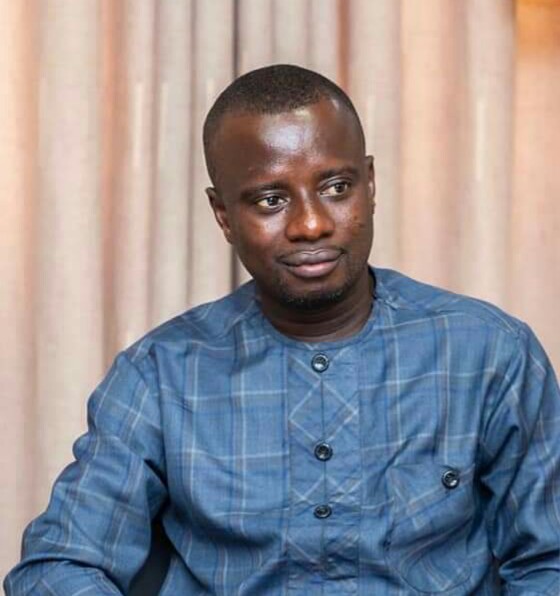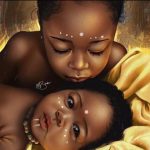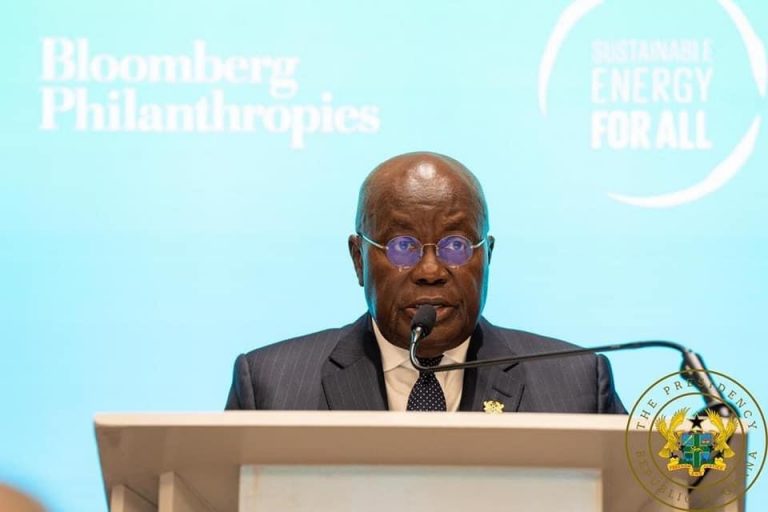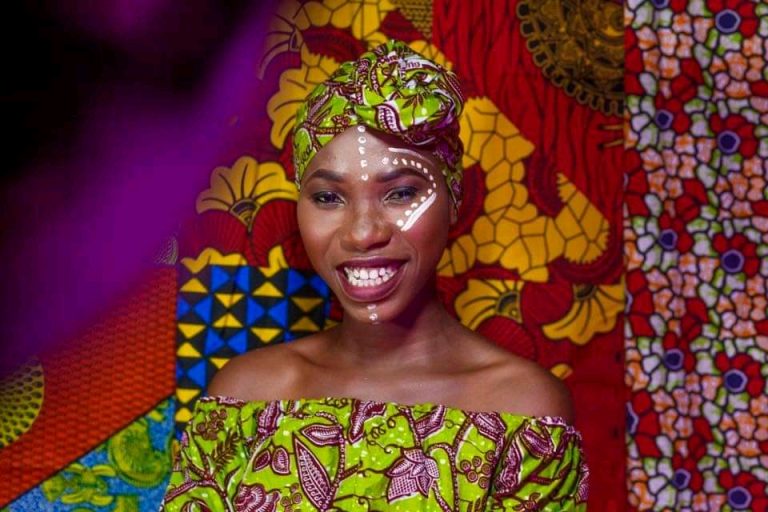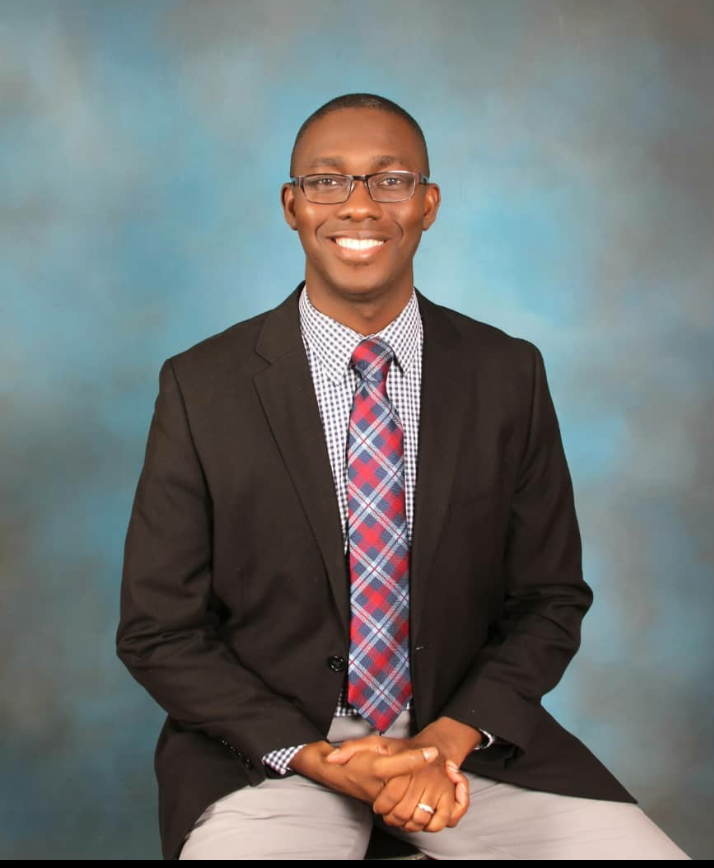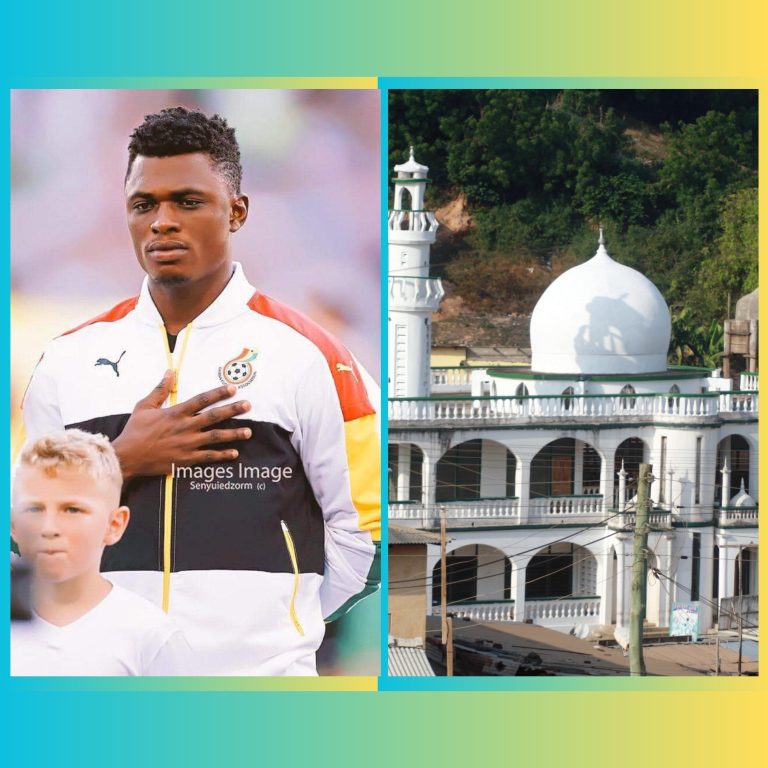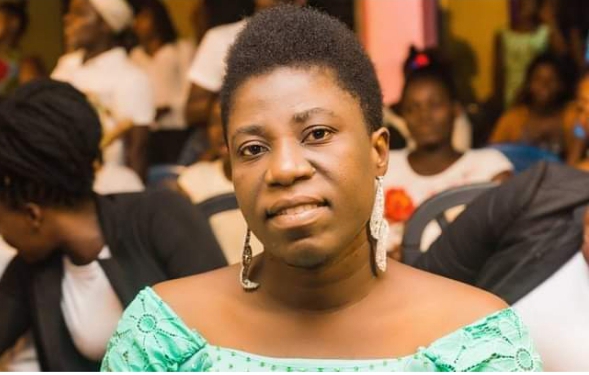THE WORLD SHOULD CONSIDER CULTURAL AND SOCIOLOGICAL APPROACHES TO FIGHTING THE GLOBAL PANDEMIC NOT JUST AS AN ALTERNATIVE MECHANISM -THE CASE OF SOCIAL DISORDER IN AFRICA
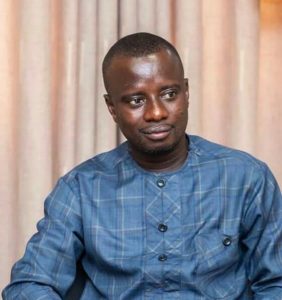
The sociological foundations of the Ghanaian people, for example, include an understanding of their society, patterns of social relationships, social interactions, and general ways of life as well as whatever surrounds their everyday life. Social order and social change are the two main elements that portray the African people as “religiously notorious”. This is because religion plays an important role in the socio-economic lives of the Ghanaian people.
Since the outbreak of the global pandemic by the beginning of the year 2020, several efforts have been adopted by many Governments and international organizations like the World Health Organizations. These institutions have indicated strong commitment towards the fight using series of directive protocols that seek to prevent the spread of the virus. All the directives, unfortunately, have been against the social order that makes Africa the best place to live.
In an era of COVID-19, one of the key aspects of society that has been worse affected is the social order of the African. By social order, I am referring to the way African societies worked together to achieve set of concepts unanimously. This included norms, beliefs, values systems etc. By social change, I am also making reference to the key directive protocols that have disturbed community lives and stability in consensus building.
Surprisingly, the world was not prepared for the pandemic. The outbreak came at a time many countries were battling with measures to improve their national economies, didn’t have adequate health infrastructures or had not even mobilized the human resources to fight against such epidemic.
Unfortunately, traditional African societies, where communal lives have given meaning to social order, were caught unaware. They work up to directive protocols that insisted the observance of “social distancing”, ‘no handshaking’, restrictions on funerals and festivals, school systems, trade and commerce etc. in the African market space, there is always an interface of interaction between sellers and buyers. There are virtually no fixed prices of commodities. There is the human face of engagement or communications that give meaning to buying and selling.
Taking away the social lives of the people of Africa means killing their complete being and existence as human beings. Africans believe more in social lives than individual lives. Africans are born into families and societies that own them. Most Africans continue to live in “compound houses” with their extended families more than among nuclear families. It will be a big taboo for an African child to wake up in the morning and fail to greet the elderly in a household. Similarly, a mother’s decision not to attend a daughter’s marriage ceremony can be considered as a bad omen. Funerals and festivals are the two main popular cultures of Africans. These two main events maintain social cohesion, stability and order in most African societies. Any restriction on such ‘orders’ affect the social being of the people.
Yet, we all woke up to the outbreak of coronavirus. We were told not to greet our own brothers and sisters through “handshake”, that we must observe what they call social distances, and not even touch our own noses and eyes.
Personally, I would have wished we called it “physical distancing” instead of social distancing. Physical because we could have still stayed home and not checked on our brothers and sisters. Whilst it becomes so boring to return from farms alone and not share amazing moments with our wives and children, it has also become imperative that we can not eat from the same pot.
Because social order was not respected before announcing all restrictions and directive protocols, bearing in mind that “stigmatization” is a key challenge to fighting diseases in Africa, many of the recoveries do not make headlines but confirmed cases.
There were days Government decided to provide free food to epicenters across the capital and Kumasi, those were the days many people came out in their numbers, violating the social distancing protocol, to meet at social centres to collect the foods. There are certainly places people meet every day. These are not restaurants or clubs or bars. But they are social gathering centres where serious community initiatives and discussions take place.
The Government of Madagascar says it has developed a traditional herbal medicine that cures the COVID-19. Is Africa still waiting for the world to develop a new vaccine? Indeed, we are not in normal times.
ROBERT ABEKU ANSAH
ACCRA, GHANA

